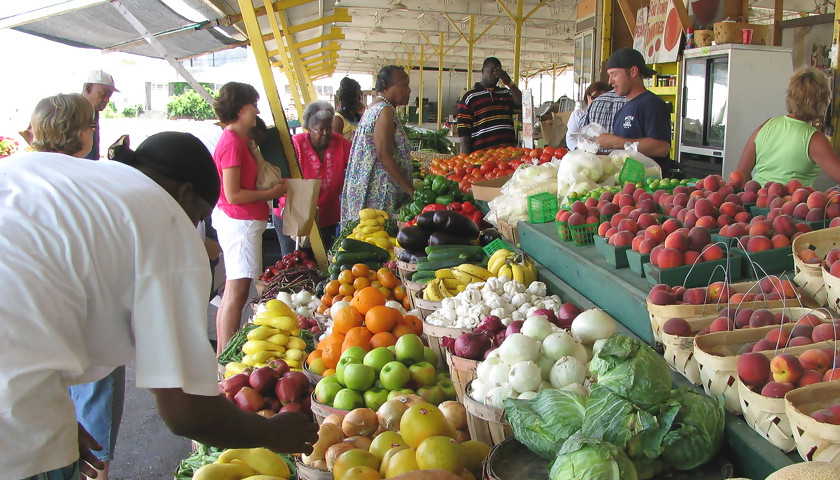Kari Lake and Mark Finchem filed a Supplemental Brief with the U.S. Supreme Court on Tuesday, adding support for their Petition for Writ of Certiorari and Motion to Expedite asking the court to hear an appeal of the dismissal of their lawsuit to stop the use of electronic voting machine tabulators in elections. The defendant Arizona officials failed to file a response to the pair’s petition, boosting the chances SCOTUS might accept the case and implying they did not object to the statements in the petition.
The new brief added more allegations of false representations by Maricopa County officials. It said the courts relied on their false representations when they dismissed and affirmed their case, sanctioning the pair’s lawyers. The Ninth Circuit Court of Appeals held that the plaintiffs’ injuries were “too speculative” for Article III, which requires showing of an injury. The brief said the court based this determination “in part on false representations that Maricopa County performed required preelection logic and accuracy (‘L&A’) testing and used certified and approved voting system software.” The court “expressly relied on false representations that Maricopa’s elections were protected from manipulation.”
Read the full story












